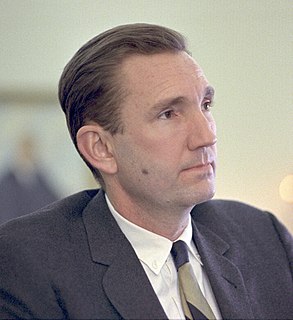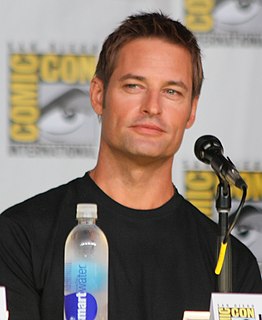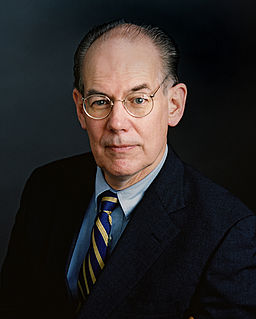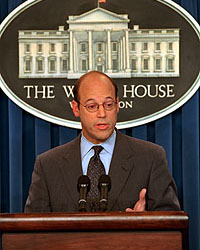A Quote by George Friedman
The British bombed German cities [during World War II] to keep the workers awake at night. So instead of dropping one bomb, we sent a thousand planes and, yes, we took out the factory sometimes, but we also took out the city. It reached the point where we wanted more efficient ways to destroy a city. The result was nuclear weapons.
Related Quotes
I think in many ways, the Spanish Civil War was the first battle of World War II. After all, where else in the world at this point did you have Americans in uniform who were being bombed by Nazi planes four years before the U.S. entered World War II? Hitler and Mussolini jumped in on the side of Francisco Franco and his Spanish nationalists, sent them vast amounts of military aid, airplanes, tanks - and Mussolini sent 80,000 ground troops as well - because they wanted a sympathetic ally in power. So I think it really was the opening act of World War II.
If hardship brought out the worst in people, the human race wouldn't have survived. Right after 9/11, for instance, the murder rate actually went down in New York City. In World War II during the Blitz, the civilians of London were bombed almost every night for six months, but psychiatric admissions declined.
What is the only provocation that could bring about the use of nuclear weapons? Nuclear weapons. What is the priority target for nuclear weapons? Nuclear weapons. What is the only established defense against nuclear weapons? Nuclear weapons. How do we prevent the use of nuclear weapons? By threatening to use nuclear weapons. And we can't get rid of nuclear weapons, because of nuclear weapons. The intransigence, it seems, is a function of the weapons themselves.
There is a myth that the New Deal programs on their own pulled the US out of the Great Depression and created the conditions for the economic boom after World War II. As an economist, I can tell you, that is not true. In reality, it was mainly World War II that launched the boom - the massive war mobilization, the horrifying destruction and death caused by it, and then the reconstruction in its aftermath. he US was the only advanced capitalist country that was not bombed during the war.
The reason the world is in the spot it's in is because North Korea entered into an agreement and then did not keep up their terms of the agreement. They received aid in return for promising not to develop nuclear weapons. They took the aid, they ran with the aid and then they developed a nuclear weapons anyway.




































